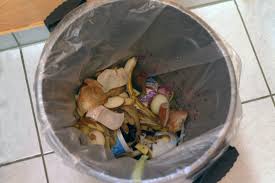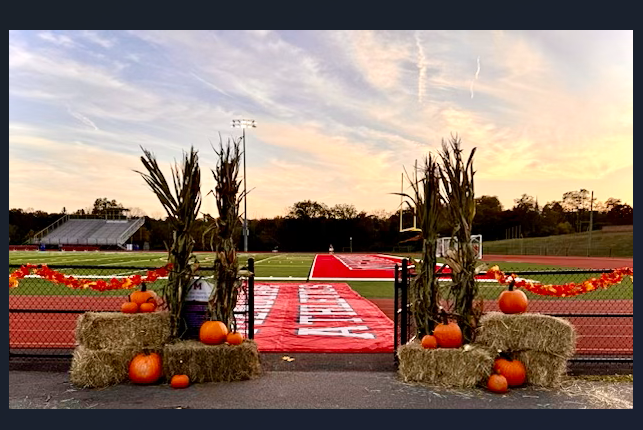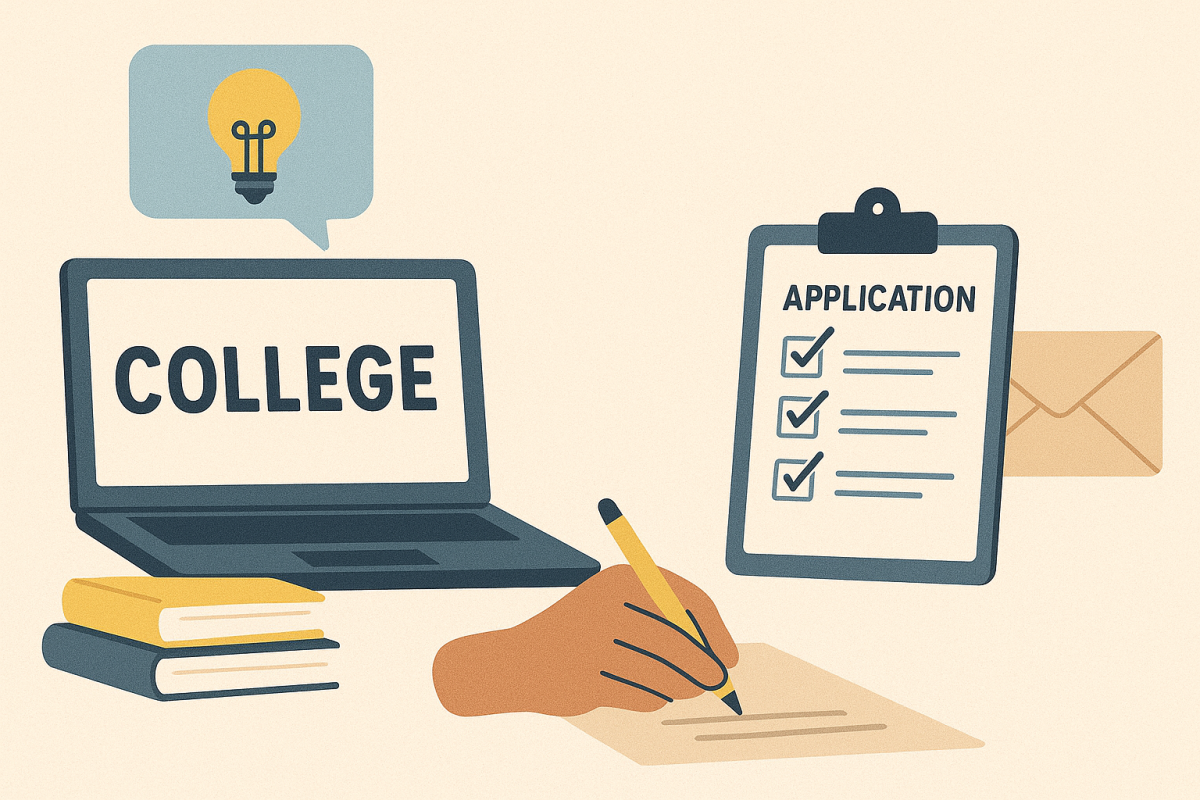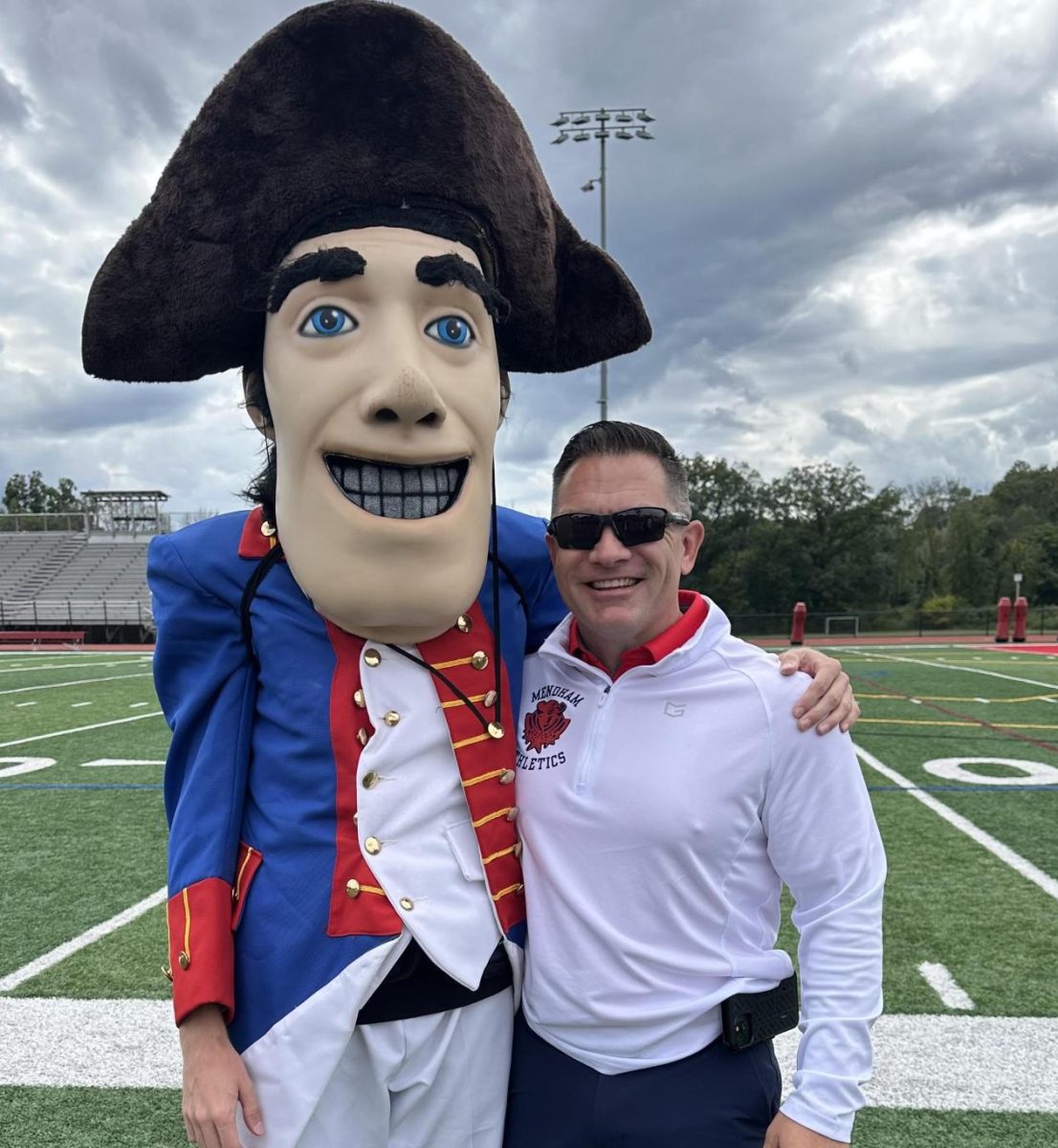It’s hard to ignore all the half-eaten lunches or the loads of fries that fill up every trash can across the school. Often, it seems like the trash can eats more than the students. While throwing away a box of fries may not seem like a big deal, the buildup of food waste can really impact the environment.
When food is thrown away and brought to landfills, it produces a significant greenhouse gas footprint and pollutes the soil. When foods rot, they often produce methane, which is harmful to the atmosphere and is a growing factor in our hotter summers and colder winters. It’s also wrong to throw away food all the time. Many people buy food knowing that they probably won’t eat or finish it, and it wastes a lot of money and resources.
The Hardest Workers: Our Cafeteria
The servers at Mendham High School constantly work to reduce food waste and provide the best meals possible for students. They actively keep track of and take note of what foods are eaten the most and what foods leave the most amount of leftovers. “I take notes and we discuss it with the chef every day,” one server explained. “If we make 50 portions of something and then only sell 25, I might not serve it for weeks. I’m gonna try something else, and then the next time I serve it, I’m only gonna make 30 portions. So that’s how we minimize waste.” That’s why you’ll only see some specials once, but see pasta constantly in rotation. Cafeteria servers also say that if you don’t want every part of a meal they serve, you can just ask and they are happy to help, especially during the less busy hours.
While it can be easy to ignore the efforts of our cafeteria staff, they are often the most diligent people there are. “I can’t imagine people throwing away food,” one server said. Aside from facing a rushed onslaught of students during lunch hours, the cafeteria workers try their best to split up extra food amongst themselves. They believe all food should always be eaten, and that if there are extras, they should be shared. We can learn from them and share food when there is extra in someone’s lunch. If you haven’t eaten your fries, you can offer them to the rest of the lunch table–very often, someone will want them.
What Can We Do?
As an individual student, being more mindful of food waste is key to preventing food waste. While it’s important to eat your lunch, it’s better to grab a pizza rather than buy a special you wouldn’t want to eat, for example. The cafeteria servers encourage students to stop by in the morning, possibly for a snack, as the menu is available during all morning periods and before school.
Even if you buy something and realize that you don’t want to finish it, there are ways to prevent food waste from causing more environmental damage. Anthony Levine, President of Environmental Club, said, “We make it easy to recycle every byproduct of that waste such as food scraps, plastic wrappers, and other packaging by raising awareness about what can be recycled and also having very clearly labeled bins.” One reason that this is so important is that when food that’s supposed to be in the trash ends up in a recycling bin, “it can contaminate the whole batch, which means even properly sorted recyclables might be sent to landfill,” according to Anthony.
The Environmental Club here at West Morris Mendham is also working on many more ways to reduce our school’s carbon footprint and energy usage. While it may not seem like it, food waste is connected to many aspects of environmental damage and poses a big concern for our future.
Food waste isn’t just a personal issue, it affects the community and the environment. Fortunately, every meal gives us an opportunity to protect the earth–just by being more mindful, the efforts of many to mitigate food waste can have a great impact.







